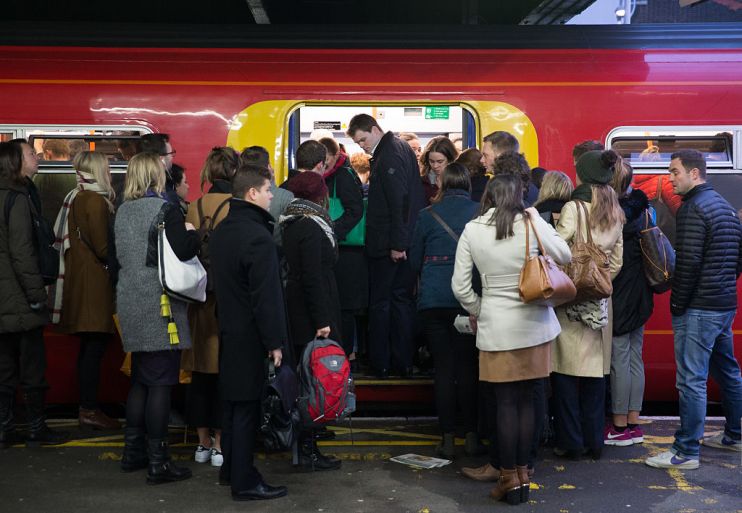IFS questions Labour’s nationalisation plan for utilities

The Institute for Fiscal Studies (IFS) has questioned Labour’s plans to renationalise swaths of the economy, suggesting that the party’s aims could be achieved by changing regulations instead.
The economic think tank also said the up-front costs of nationalisation were much less relevant than how well the assets would be managed by the public sector.
Read more: Tory and Labour spending plans not credible, says IFS
Labour’s 2019 manifesto for the 12 December General Election pledges to bring rail, mail, water, energy and parts of the broadband network into public ownership.
A row erupted in October when the CBI said Labour’s nationalisation plans would cost £196bn, a figure which the party strongly disputed.
The IFS today said that although the utilities’ high debt levels would likely increase public sector net debt by more than £200bn, a focus on the costs is misplaced.
“What the increase in debt does again show is the large scale of these nationalisations and therefore the large rewards from better management, but with it the significant cost of poor management,” the report said.
The think tank’s latest piece of analysis into the parties’ manifestos said there would be “enormous cost, complexity and risk involved” in nationalising the industries targeted by Labour.
IFS research economist Lucy Kraftman said the plans “could lead to significant disruption which could easily, for example, lead to a hiatus in progress towards decarbonisation in the energy sector”.
The industries Labour is seeking to nationalise are highly regulated, the IFS said. Therefore, Kraftman asked “what nationalisation can achieve that changing the current regulatory frameworks cannot”.
Shadow chancellor John McDonnell said: “Arguing for sticking-to-regulation approach, after years of its failure, is a nakedly ideological stance and one at odds with all the evidence.”
He said nationalisation would “enable us to speed up the transition to a sustainable economy”.
Read more: Labour to cut rail fares and create London-style ticketing for UK
The IFS’s report pointed out that “UK state control in some of these industries is currently low relative to that in many other European countries”.
Yet it said: “Nationalisations on this scale in advanced western economies have been almost unheard of in the last half century.”